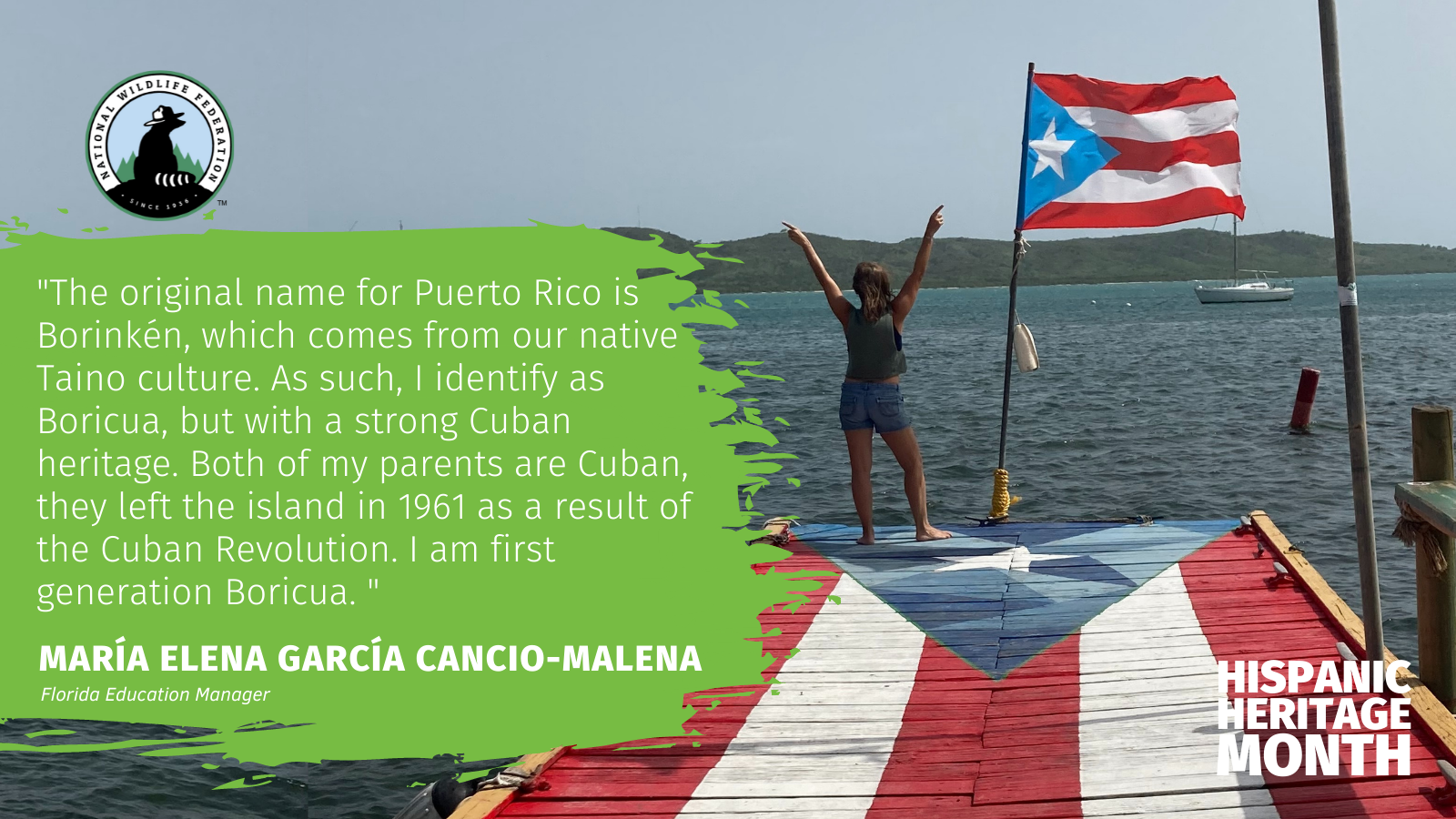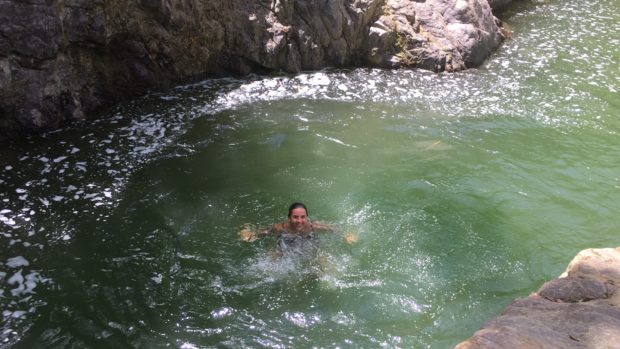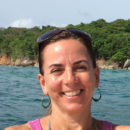We have much more to do and your continued support is needed now more than ever.
Hispanic Heritage Month Employee Spotlights: María Elena García Cancio-Malena

This Hispanic Heritage Month, members of the Latinx, Hispanic, and Multicultural Employee Resource Group at National Wildlife Federation are coming together to share our stories — in our own words. Join us as we explore the complexities of our identities throughout the month.
Name: María Elena García Cancio-Malena
Pronouns: She/Her/Ella
Position: Florida Education Manager
What interests you about conservation?
Leaving a sustainable, healthy, and thriving planet for my daughter and the next generations. I believe in the healing power of nature. If humans disconnect themselves from nature, I am afraid we are headed to a very dark place.
How would you describe your cultural identity? How do you identify yourself? Why?
The original name for Puerto Rico is Borinkén, which comes from our native Taino culture. As such, I identify as Boricua, but with a strong Cuban heritage. Both of my parents are Cuban, they left the island in 1961 as a result of the Cuban Revolution. I am first generation Boricua.
How did you end up at the National Wildlife Federation?
Hurricane Maria blew me all the way to Miami! In Puerto Rico, I was the executive director of OPAS, Organización Pro Ambiente Sustentable, which administers the Eco-School program in the island. Soon after I moved to Miami, the Florida Education Manager position with the National Wildlife Federation opened up. Because of my experience with the Eco-School program in Puerto Rico, one of the board members from the Foundation for Environmental Education (FEE) recommended me for the position.

What does Hispanic Heritage Month mean to you?
When I was I child, it was all about celebrating our Spanish heritage. Celebrating all the contributions the Spanish had brought to our islands (in my case, Puerto Rico & Cuba); language, food, music, dances, religious traditions, etc. But, as I started investigating the profound effects of colonization, I stopped celebrating my Hispanic heritage. I do not deny it or reject it, I just don’t feel a need to celebrate a heritage that is founded in the decimation of the native peoples of the Caribbean islands.
It’s a very complicated relationship, today there is incredible beauty and richness as a result of the Spanish conquering our islands. But, we need to understand at what cost this was achieved. We need to remember and acknowledge the cultures that were lost as a result of the process of colonization.
What is one thing you want others to know about Latinidad?
For me, being Latina is the acknowledgment of a new sense of identity. One that recognizes and incorporates the horror and pain of colonization, and the resilience and richness of the people who emerged from it.






















